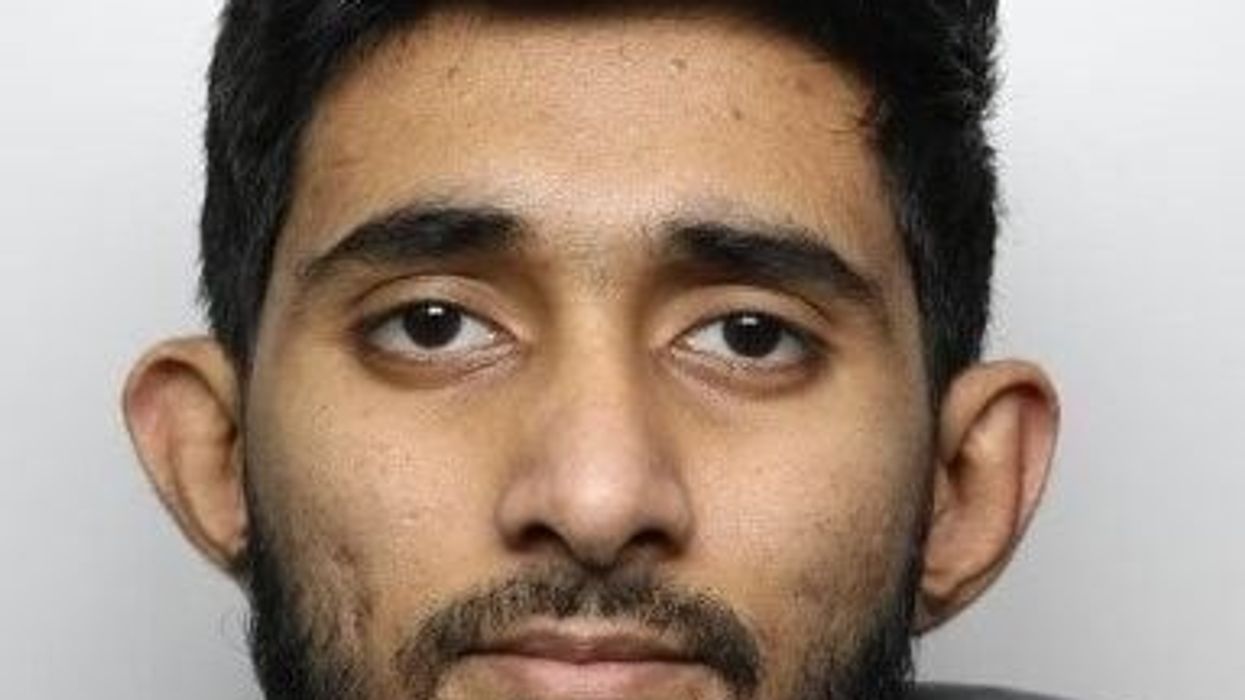THE man who fatally stabbed a woman in Bradford on Saturday (6) is from Bangladesh and came to the UK on a student visa.
The police have launched a nationwide manhunt for Habibur Masum, 25, a resident of Oldham area with links to Burnley and Chester.
West Yorkshire Police have warned that Masum may still be armed and warned members of the public not to approach him.
Detective Chief Inspector Stacey Atkinson said, "I would urge anyone who does see Masum not to approach him but to call 999."
Masum is understood to have arrived in the UK two years ago and was studying digital marketing at the University of Bedfordshire.
He is an aspiring influencer who regularly posts videos on his YouTube and TikTok accounts.
He had recently uploaded a video on his trip to Barcelona.
Masum is reportedly married and on March 28 he shared a clip of Bollywood film Laapataa Ladies on his Facebook account.
He had in January procured an EU Schengen visa from Samin's UK Visas Support Centre. The firm's owner expressed shock when he heard about the murder.
Witnesses said the woman was stabbed “four to five times” in the neck.
Geo Khan, 69, who runs a nearby grocery shop, tried to resuscitate the woman.
He told The Telegraph the victim was lying face down on the pavement next to a pram with her baby inside. When he turned her over, he saw knife wounds on her neck, and tried to do CPR.
Detectives confirmed that the baby was not injured in the attack.
Police have seized the CCTV footage from a nearby supermarket, which is believed to show the attack.
He was wearing a duffle coat and tracksuit bottoms.
Officers said a knife was recovered from the scene but could not confirm whether Masum was armed.
The victim has not yet been formally identified but police said her family had been informed.
Bradford West MP Naz Shah has expressed shock over the killing and condoled the woman's family.




